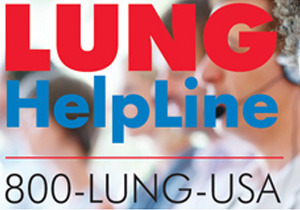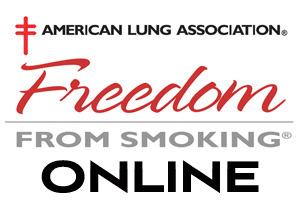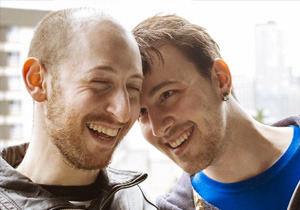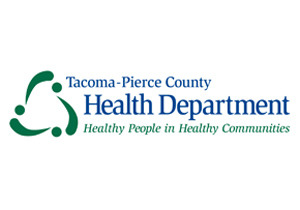Resource Topics
- Diet & Exercise
- Drugs & Alcohol
- Health Care & Health Insurance
- HIV / AIDS
- Mental Health
- Sex & Your Body
- Sexually Transmitted Infections
- Stigma & Discrimination
- Tobacco
- Violence
Tobacco
Gay and bi guys are more likely to be smokers than straight guys. This putsmembers of the LGBTQ community at high risk for many health problems like
cancer, heart disease, high blood pressure, stroke, and lung problems. Quitting
smoking is tough, but can greatly improve your health and the health of your
loved ones right away.
There are several ways to reduce the harm done to your body by smoking
tobacco like: smoking less, taking a break from smoking, nicotine patches, e-
cigarettes, hookahs, “light” cigarettes, “organic” or “additive free” cigarettes,
and smokeless tobacco (snus, orbs, strips or sticks). However, all of these contain
nicotine, the drug that keeps you addicted. The American Association of Public
Health Physicians has recommended harm reduction, but other agencies like
CDC have not followed suit. The best option is to quit completely. There are
many local and national resources that can help you stop smoking.
Find local resources in
Find local resources in
More Information
Resources for GBTQ Smokers
-
LGBTQIA+ Populations (Tobacco Use)
UCSF Smoking Cessation Leadership Center
Online Quitting Resources
-
Helping You Quit
Resources by Public Health – Seattle & King County
-
Tobacco Laws & Regulations
Info about WA laws prohibiting smoking in publicplaces, resources for smoke-free housing and info for tenants working with landlords to go smoke free
-
Become An EX
Free online plan for quitting smoking
-
Quitter In You
The American Lung Association's Quitter in You website has many tools and resources that will get you started on your journey to quitting smoking or help you help a friend quit.
Secondhand Smoke
How it impacts your health and what you can do to stop it
-
Smoke Free Homes
Information from the Environmental Protection Agency
Campaigns
See ads focused on getting people to quit smoking
-
Truth Initiative
National public health foundation dedicated to research and public education about impacts of tobacco








